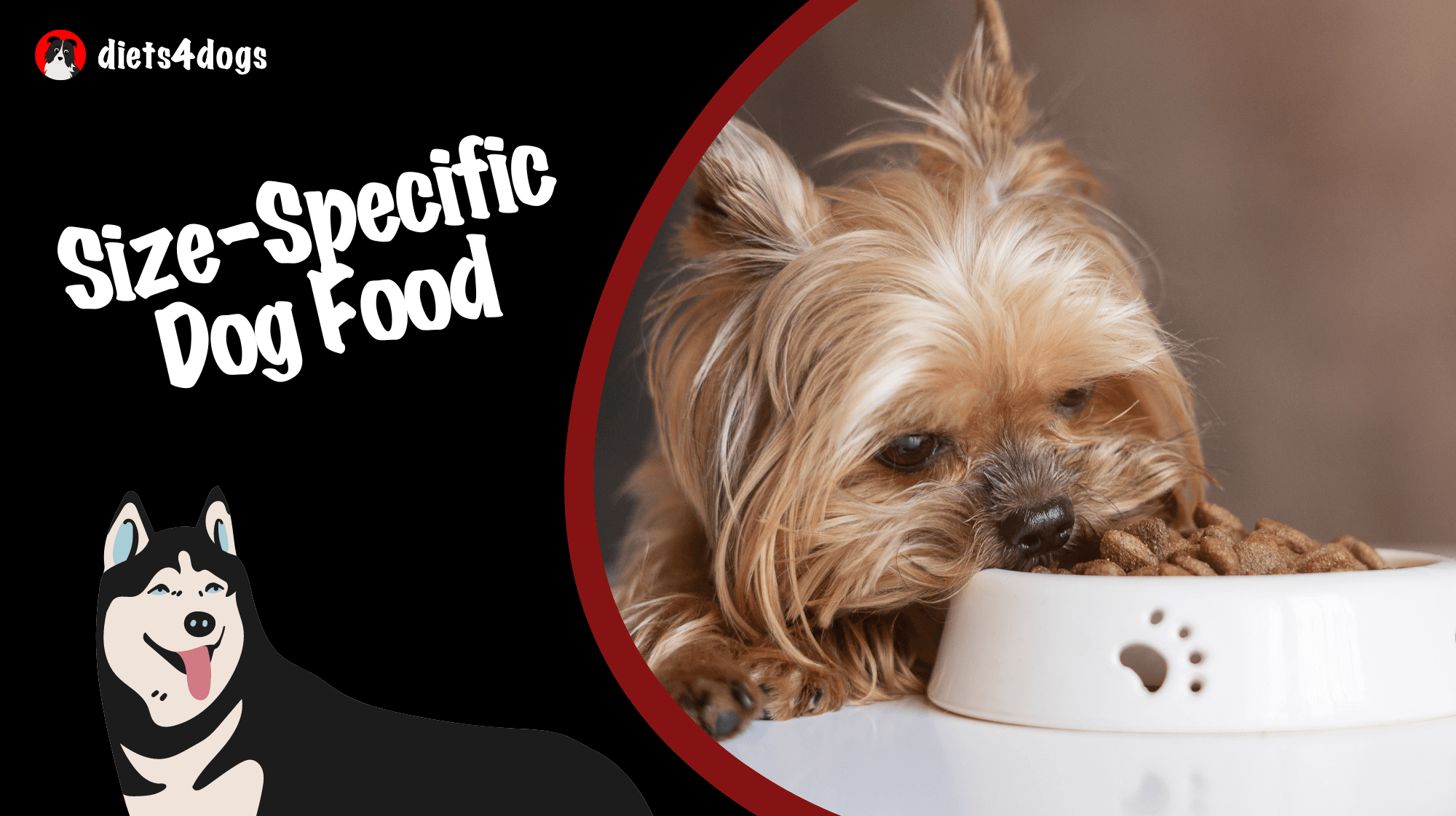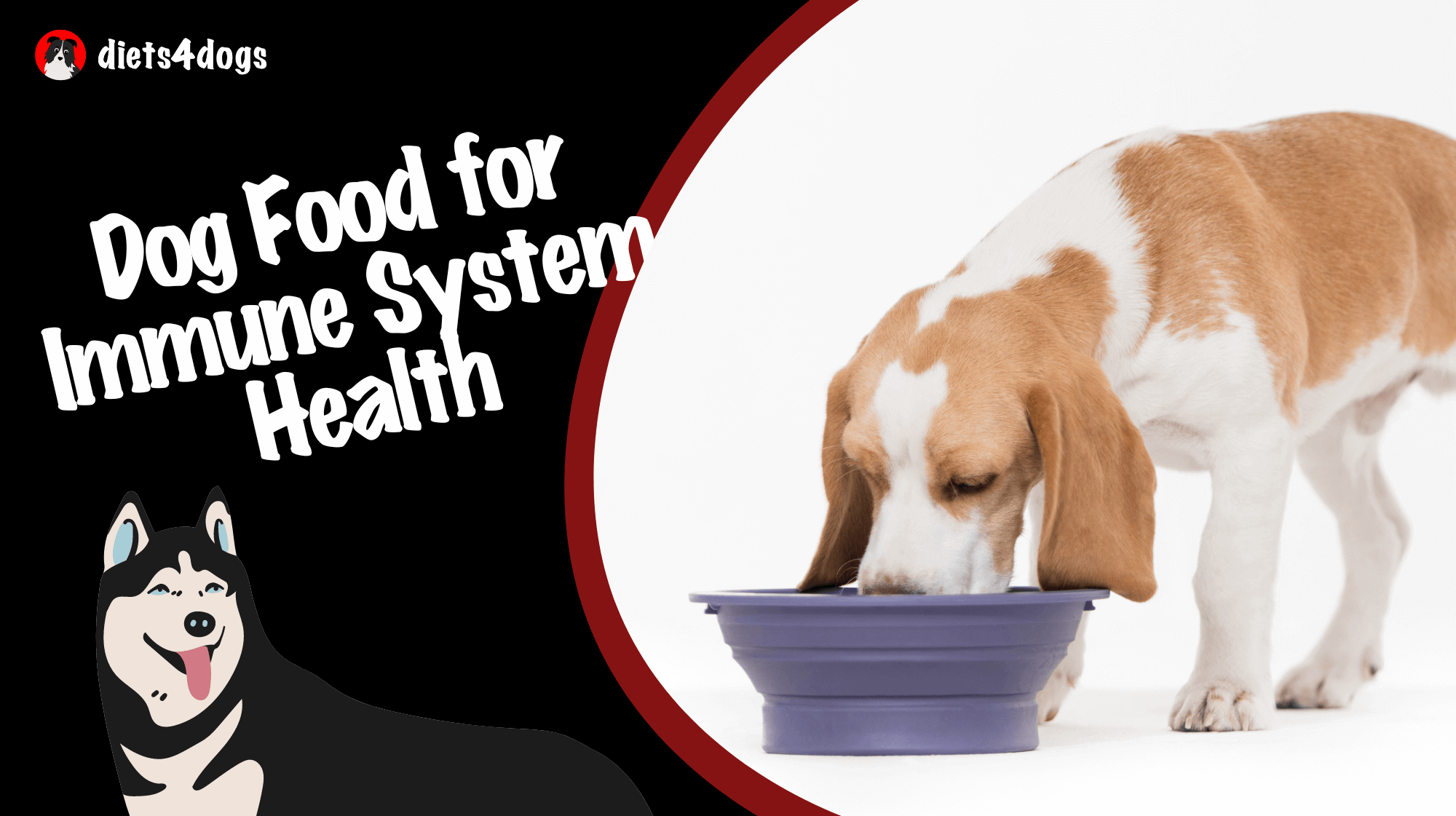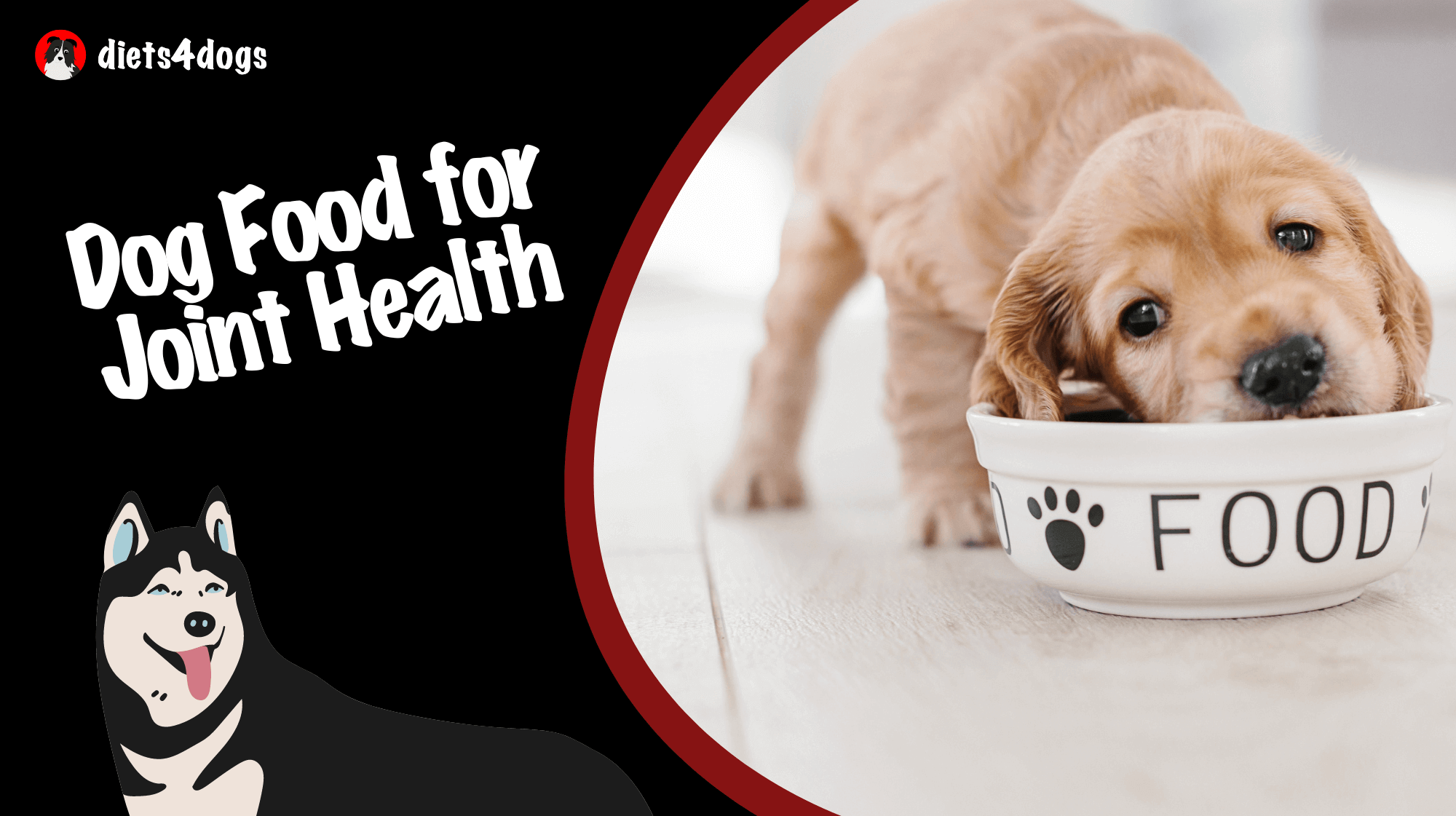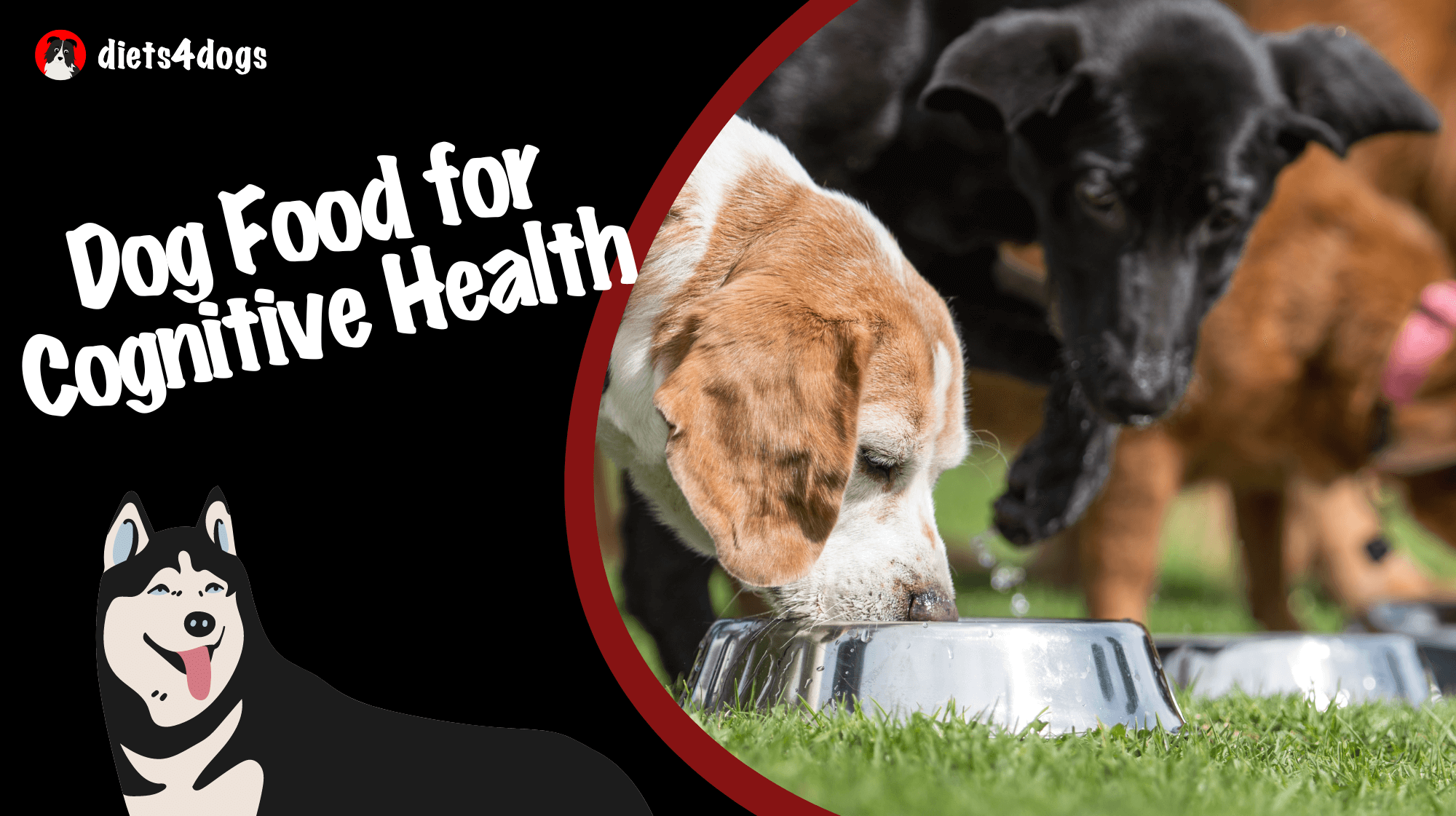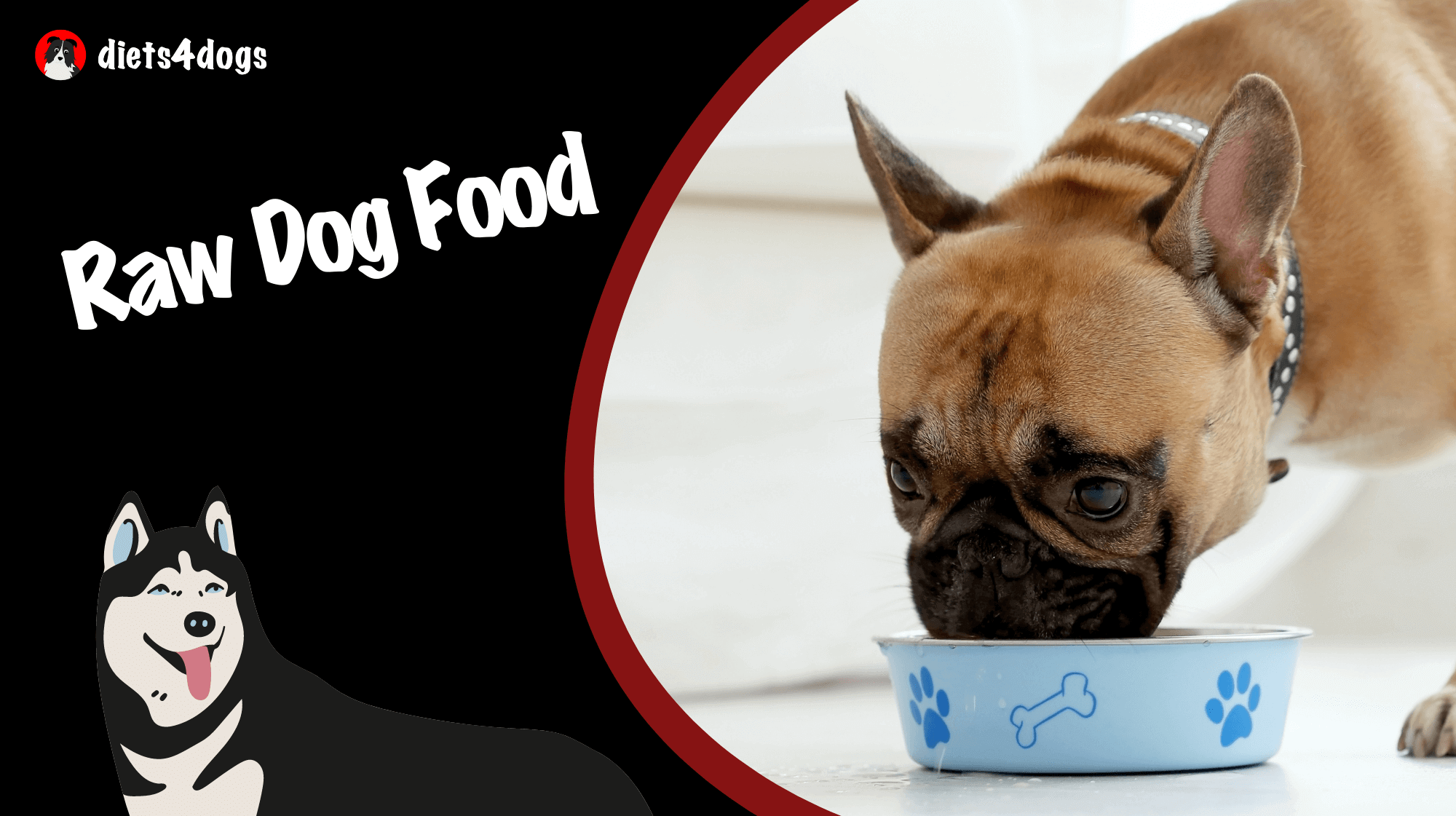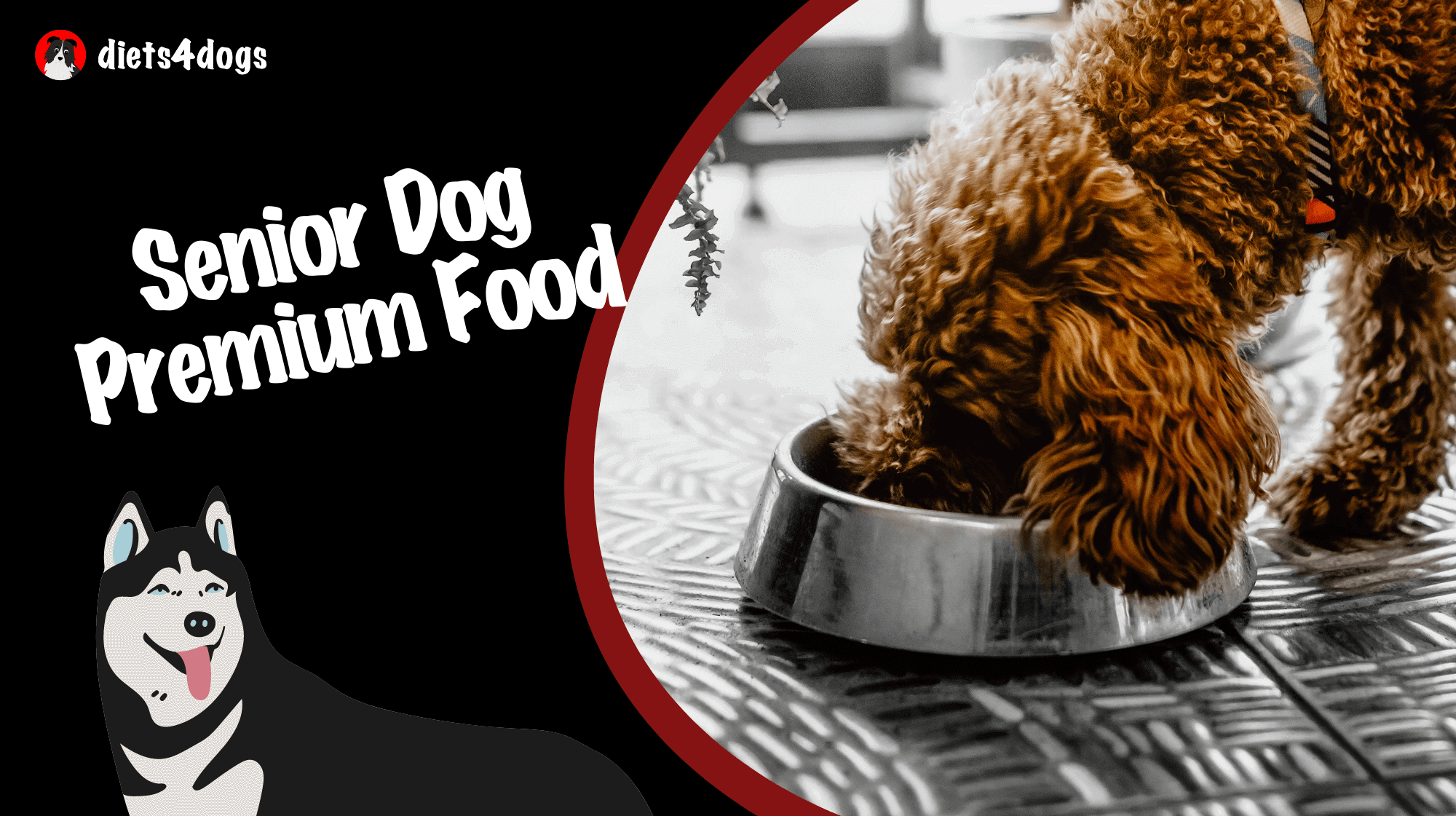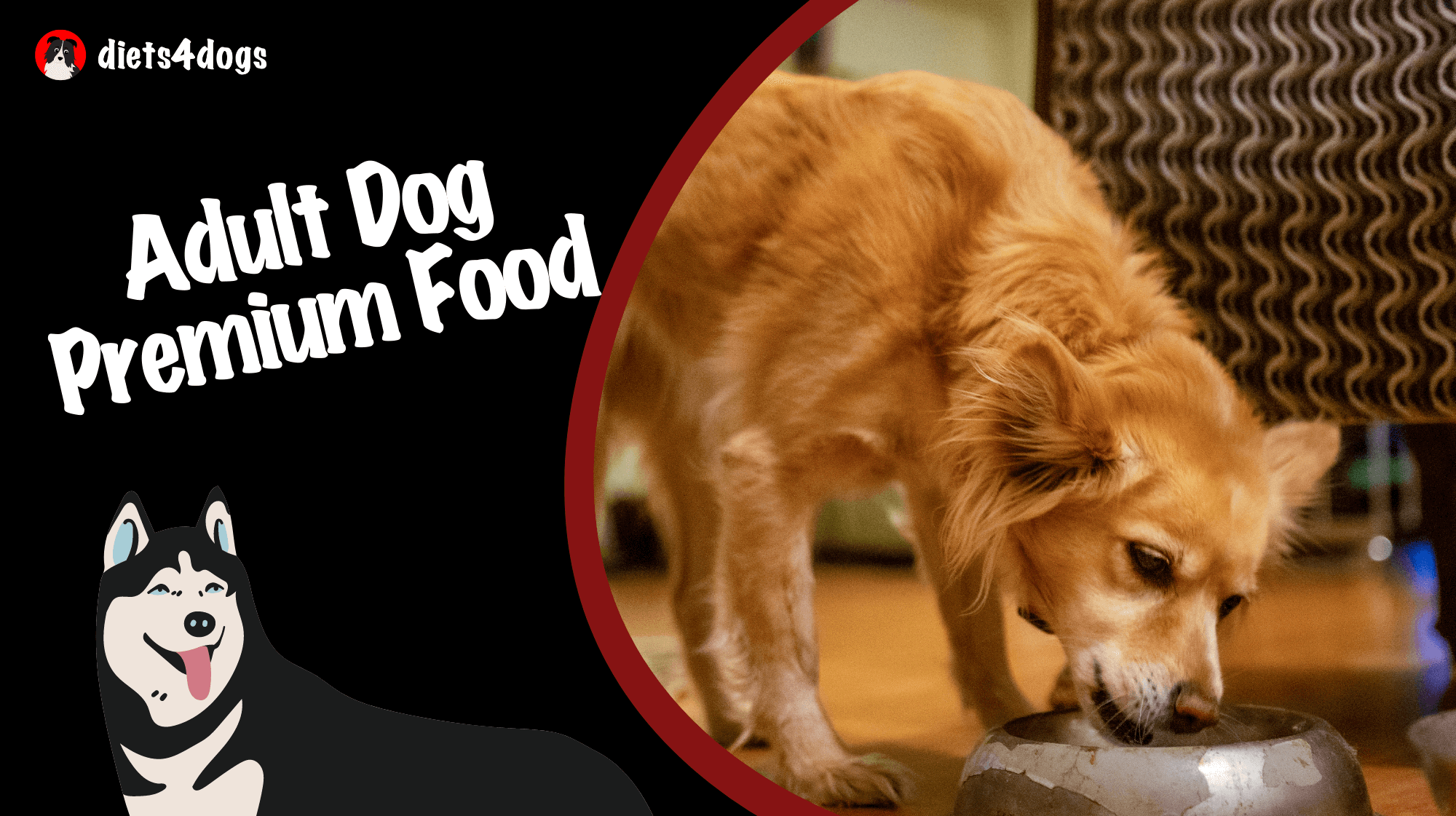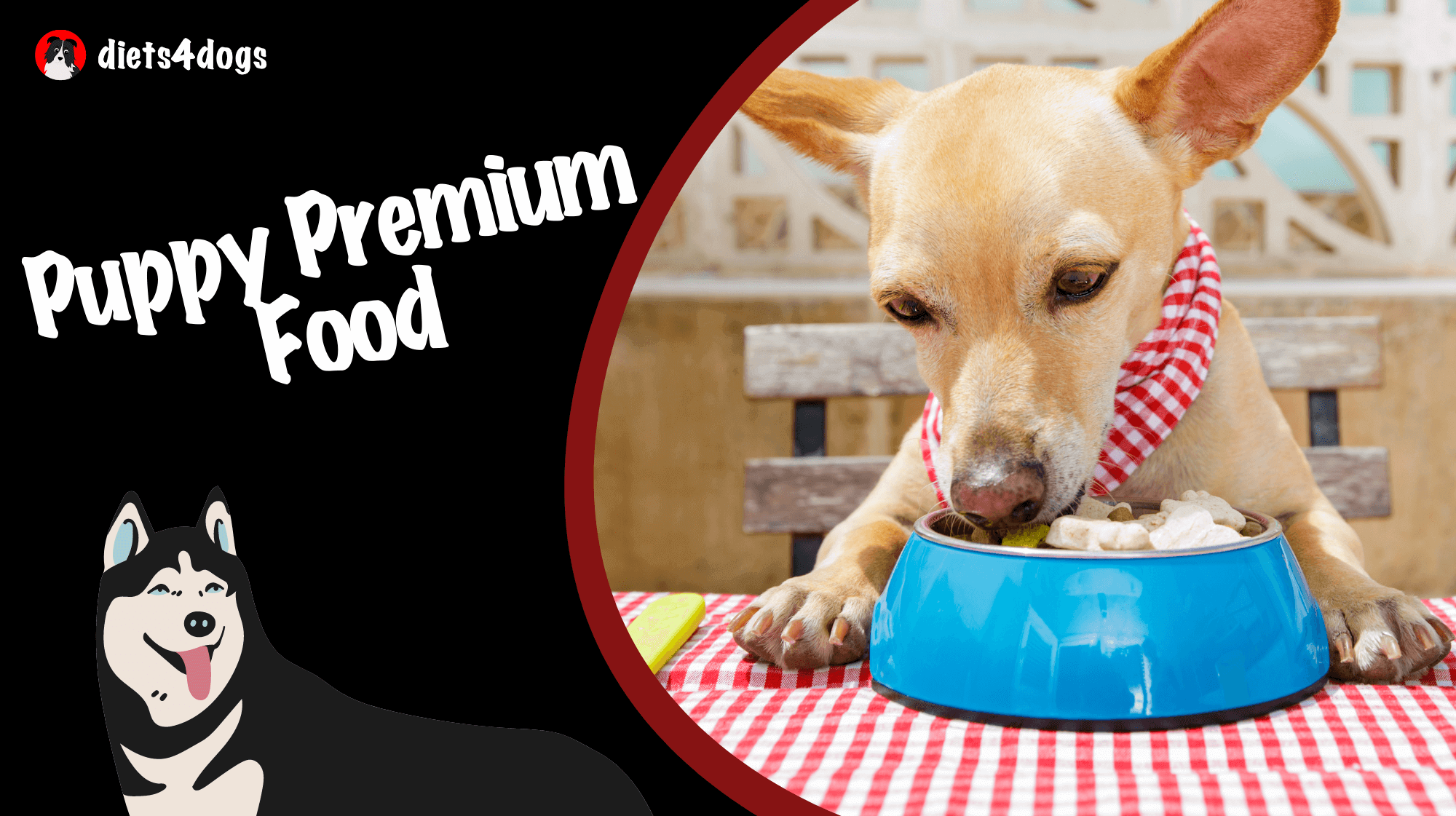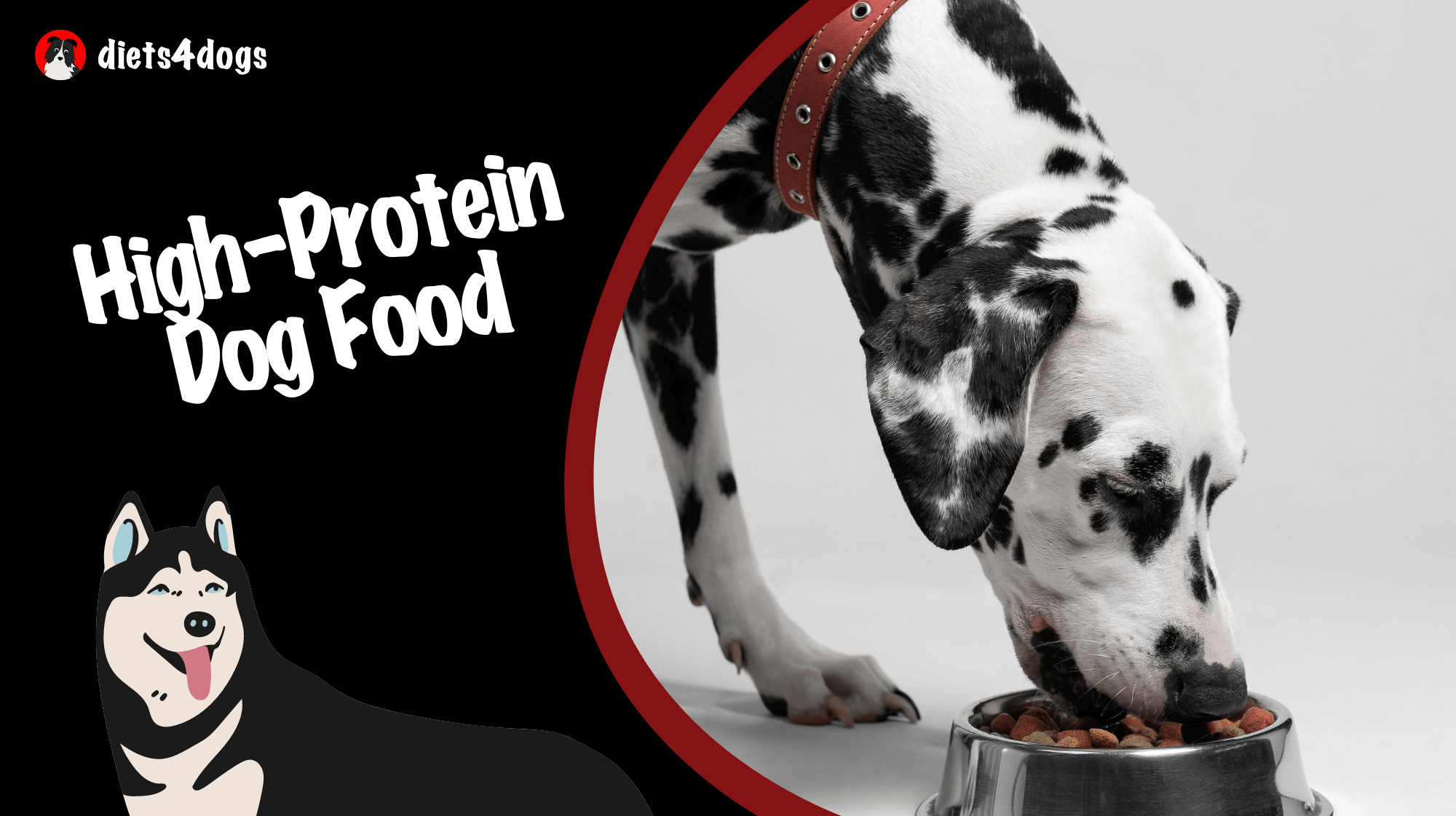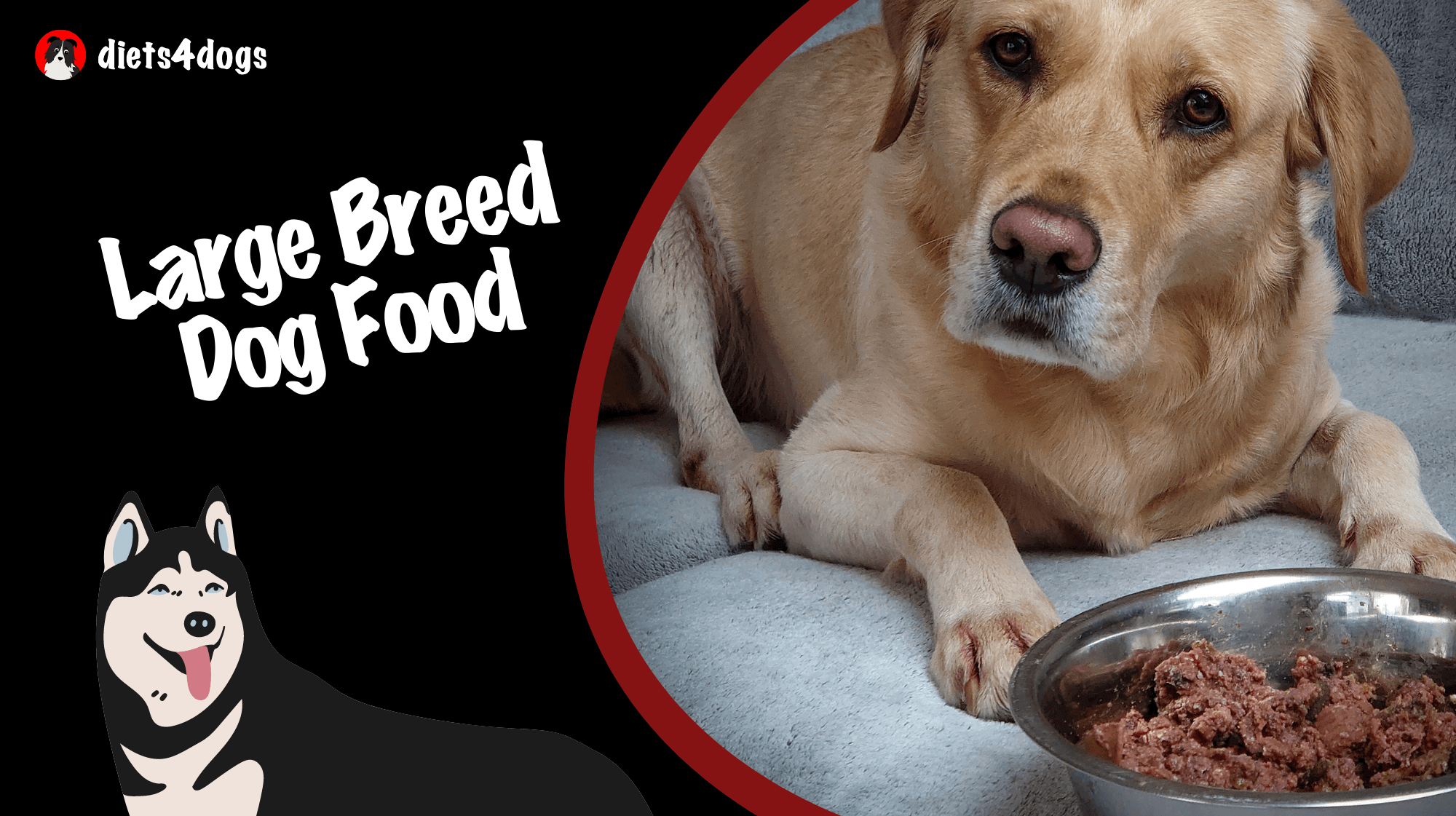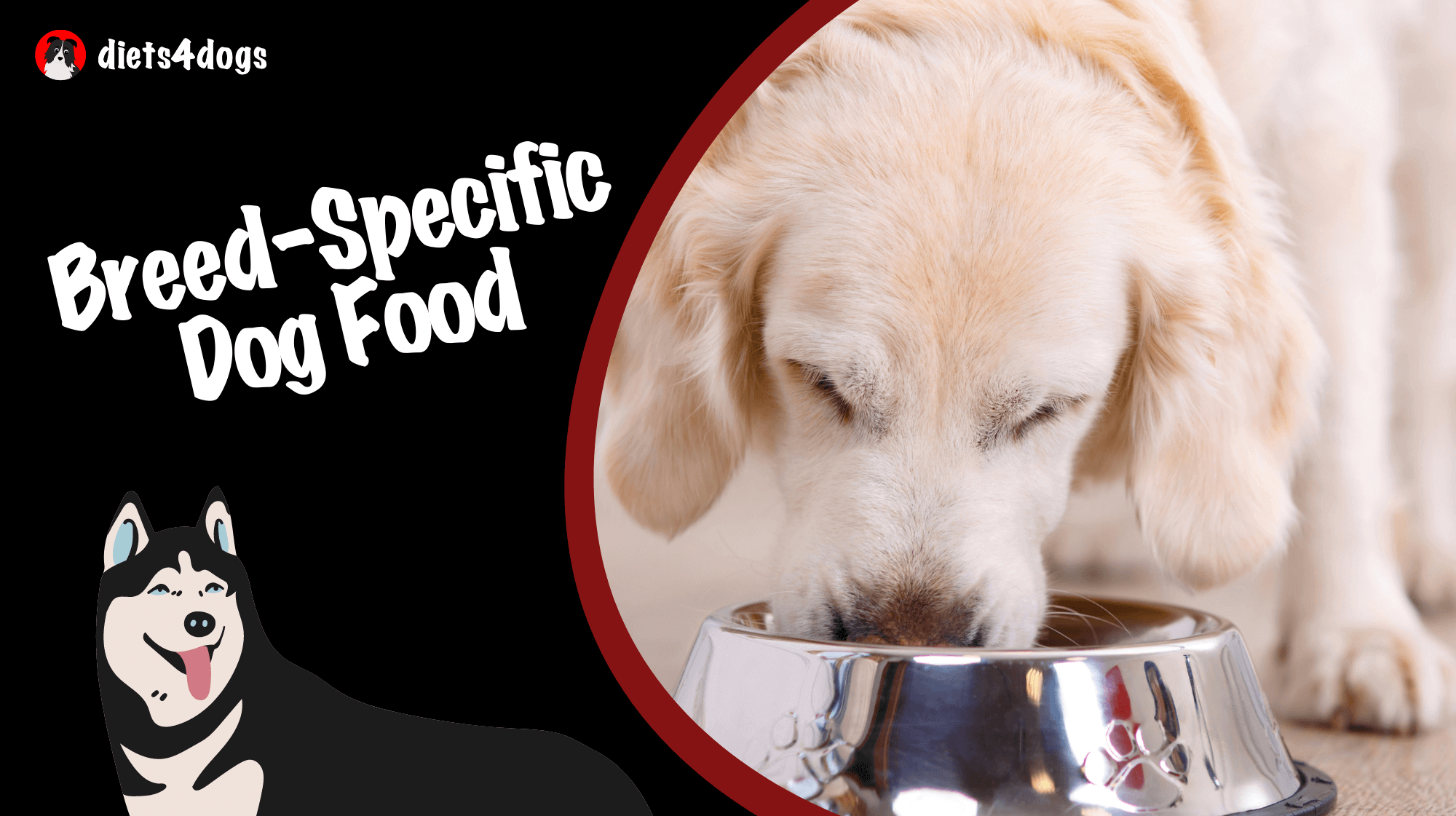Hey there fellow dog lovers! 🐾 Ever noticed how a Chihuahua and a Great Dane can be worlds apart…literally? Just like the variety of breeds that grace our lives and melt our hearts, their nutritional needs can vary significantly too. Yes, friends, we’re talking about size-specific dog food – the answer to ensuring your petite pooch or gentle giant gets the fuel they need to live their best lives. So, whether you’re sharing your couch with a lap-sized furry companion or one that occupies your entire bed, join us as we dive into the exciting and delicious world of premium dog food tailored just for small and large breed dogs!
Size-Specific Dog Food
Size-specific dog food refers to specially formulated diets designed to meet the distinct nutritional requirements of different dog sizes. Small and large breed dogs have unique needs concerning energy, protein, and nutrients due to differences in growth rates, metabolism, and overall physiology. Choosing premium size-specific dog food ensures that dogs of all sizes receive the appropriate nourishment and maintain optimal health throughout their lives.
Feeding Fido Right: The Importance of Size-Specific Nutrition
Our furry friends come in all shapes and sizes, and just as with us humans, their nutritional needs vary depending on their unique characteristics. One key factor that drives these requirements is size. Let’s explore how size-specific dog food caters to the dietary demands of small and large breed pups.
A Delicate Dish: Small Breed Nutrition
Small breed dogs, typically weighing less than 20-22 pounds, often appear to have endless energy despite their petite stature. But don’t be fooled – their small size comes with unique dietary needs.
Higher Metabolism, Higher Calorie Needs
Despite their small bodies, compact canines often have faster metabolisms, meaning they burn energy more quickly than their larger counterparts. Premium dog food formulated for small breeds provides higher calorie-dense nutrition to meet this increased demand, fueling their seemingly boundless energy.
Boost in Protein and Essential Nutrients
Small dogs require a higher proportion of protein in their diet to support their rapid growth phase, muscle maintenance, and overall health. Size-specific dog food delivers protein-rich meals that also include essential nutrients and minerals to support strong bones, joints, and teeth.
A Hearty Meal: Large Breed Dog Nutrition
Scale things up to large breed dogs, typically those weighing over 50-55 pounds, and we see a different picture in terms of their nutritional requirements. These gentle (or not-so-gentle) giants need a well-balanced diet to ensure they grow and mature healthily.
Slow and Steady Growth Development
Contrary to popular belief, large breed dogs require less energy-dense food than smaller pups. Rapid growth during their early years may lead to joint and bone issues down the road. Premium dog food customized for large breeds promotes moderate and steady growth with a carefully balanced calorie and protein content.
Joint and Bone Health Support
Considering the heavy load their structure supports, large breed dogs are predisposed to issues like hip dysplasia or arthritis. Size-specific dog food for large breeds includes vital nutrients like glucosamine, chondroitin sulfate, and omega fatty acids to maintain joint and bone health and mobility.
Keep an Eye on Kibble Size
Getting the nutrition right is essential, but we mustn’t overlook the importance of kibble size – both for ease of eating and dental health. For tiny tots, small and easily digestible kibble is crucial to prevent choking hazards and promote effortless chewing, while large breed dogs benefit from larger-sized kibble that encourages proper chewing and improves dental hygiene.
Dog Nutrition: Life Stage and Activity Level
Size is a significant factor to consider when it comes to meeting your dog’s nutritional needs, but it isn’t the only factor. Life stage and activity level are two additional aspects that should be taken into account when selecting the perfect premium dog food. Let’s explore these further.
Puppies, Adults, and Seniors: A Balanced Approach
From puppies to seniors, dogs at different life stages have varying dietary requirements. Puppies require energy-rich nutrition to fuel their growth and development, with higher protein and fat levels, as well as proper calcium and phosphorus ratios for skeleton development. Adult dogs need a balanced diet to maintain their optimal weight and health status, whereas senior dogs might need a lower calorie and higher fiber diet, considering their reduced activity levels and changing metabolic rate.
Activity Level: Couch Potato vs. Athlete
A dog’s energy needs also depend on its activity level. Couch-potato dogs are content with lounging around all day and need fewer calories to avoid excessive weight gain. On the other hand, working, sporting, or highly active dogs necessitate additional energy to fuel their dynamic lifestyles. It’s crucial to consider your dog’s energy requirements when selecting a size-specific dog food to ensure the best fit for your pup’s nutrition.
Debunking ‘One-Size-Fits-All’ Dog Diets
With countless generic pet food options available in the market, one might wonder why size-specific dog food is worth the investment. The reason is simple – optimal dog nutrition relies on providing the right balance of energy, protein, and essential nutrients tailored to your specific dog’s size and dietary needs. Avoiding a “one-size-fits-all” approach results in happier, healthier, and more energetic fur-babies throughout their lives.
Tailoring Tastes: Flavor, Texture, and Sensitivity
Choosing the right food for your canine companion isn’t just about ensuring a nutritionally balanced meal; it’s also about catering to their taste buds and any potential sensitivities. Size-specific premium dog food offers an array of flavors and textures to keep mealtime exciting and enjoyable. Plus, many premium options cater to dogs with food sensitivities, offering grain-free or limited-ingredient diets to avoid common allergens and irritants.
In the end, investing in size-specific dog nutrition is a commitment to your pup’s health and happiness. By meeting their unique requirements, you’re setting the stage for a long, joyful life filled with wagging tails, playful barks, and endless cuddles!
FAQ: Sizing Up Your Dog’s Nutritional Needs
Not sure where to begin your quest for size-specific dog nutrition? We’ve got you covered! Check out our detailed FAQ section, where we tackle some of the most commonly asked questions about premium dog food and nutrition for small and large breed dogs.
1. Can I feed my small and large breed dogs the same food?
While it might be convenient, feeding the same food for both small and large breed dogs can compromise their unique nutritional needs. We recommend investing in size-specific dog food for the best results in terms of overall health and well-being.
2. How do I determine if my dog is a small or large breed?
Typically, small breed dogs weigh less than 20-22 pounds as adults, while large breed dogs weigh over 50-55 pounds. If your dog falls in between, they are considered a medium breed, and you should look for dog food designed for medium-sized breeds.
3. How much should I feed my small or large breed dog?
The amount of food your dog needs depends on factors like size, weight, activity level, and life stage. Follow the feeding guidelines provided by the dog food manufacturer or consult your veterinarian for personalized recommendations.
4. Should I adjust my dog’s food based on their activity level?
Absolutely! A dog’s energy needs depend on their activity level. Active, working, or sporting dogs may require more calories than sedentary dogs. Make sure to tailor your dog’s diet accordingly to maintain an ideal body condition.
5. Can size-specific dog food prevent or treat common health problems in certain breeds?
Size-specific dog food can help support your dog’s overall health and lower the risk of some common health problems, such as joint issues in large breeds or dental issues in small breeds. However, always consult your veterinarian for advice on managing specific health conditions.
6. How can I transition my dog to a size-specific dog food?
Gradually transition your dog to new food by mixing it with their current food, slowly increasing the proportion of the new food over 7-10 days. This helps avoid digestive upset and eases your dog into accepting their new diet.
7. What should I do if my dog isn’t a fan of their size-specific dog food?
If your dog isn’t enthusiastic about their new food, try offering different flavors or textures within the same product line. You can also consult your veterinarian for alternative size-specific dog food recommendations that suit your dog’s taste preferences and dietary needs.
8. When should I switch my puppy from puppy food to size-specific adult dog food?
The ideal time to switch from puppy food to adult dog food varies depending on the breed and individual. Small breed dogs generally transition around 10-12 months, while large breed dogs might change around 12-18 months. Consult your veterinarian to determine the optimal time for your pup.
9. Is wet food better than dry food for small or large breed dogs?
Both wet and dry dog food options have their pros and cons, depending on your dog’s specific needs and preferences. It’s essential to ensure that whatever type you select, it provides the right balance of nutrients for your dog’s size and dietary needs.
10. Can I feed my dog human food if I follow their size-specific nutritional requirements?
While occasional treats or healthy snacks might be appropriate, relying solely on human food for your dog’s nutrition is not recommended. Size-specific premium dog food is specially formulated to meet your dog’s dietary requirements, ensuring optimal health and growth.

